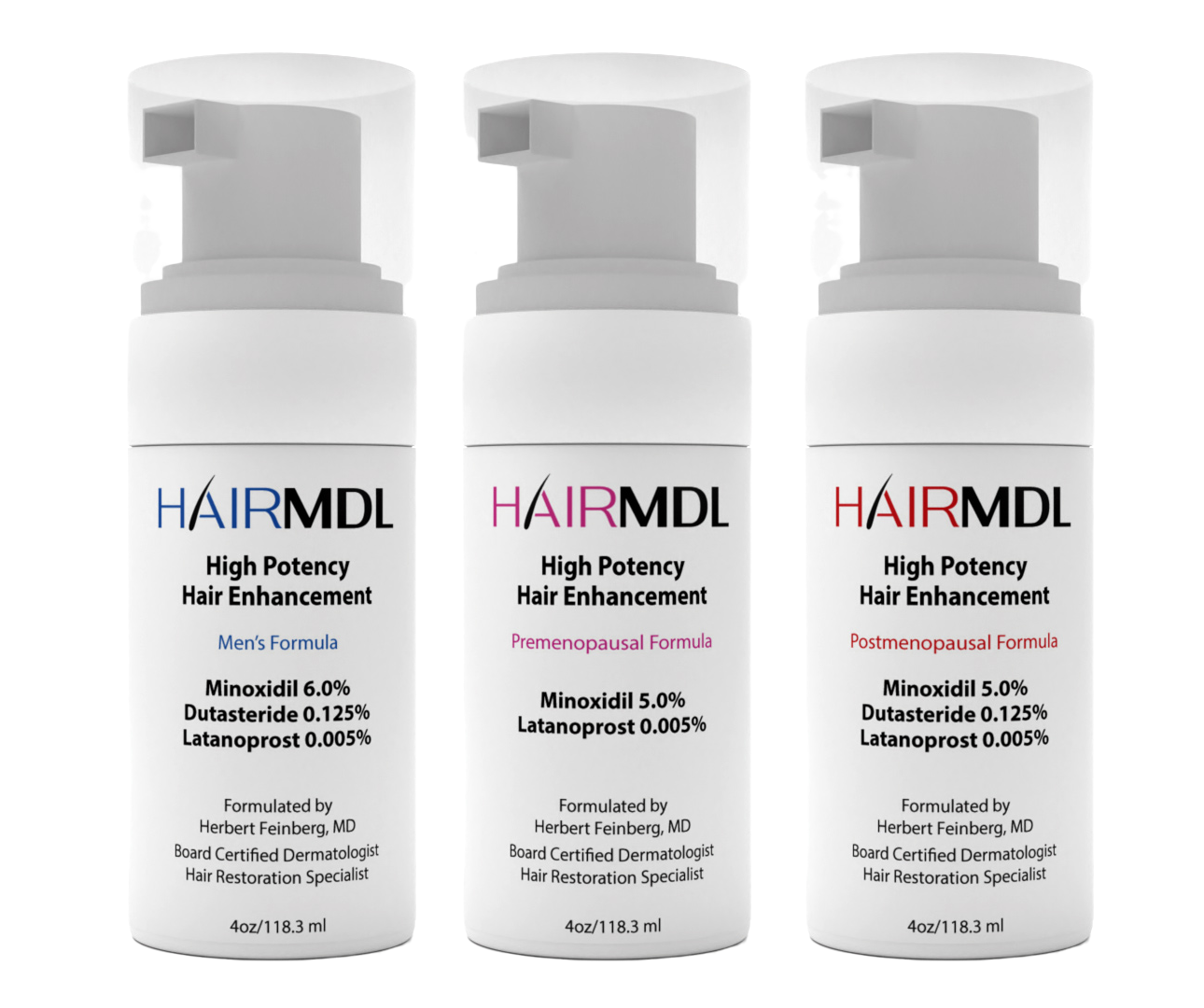Among the myriad factors that can influence hair loss… genetics, stress, and disease are some of the most commonly discussed. But did you realize that your diet can have an impact on hair growth as well? Protein depletion has been shown to influence hair loss, so there is already a known link between the two, and that is just one dietary factor.
Can Diet Cause Hair Thinning?
So far science has had more success showing what foods might promote hair growth than in finding those that impede it. In a 2020 review of 24studies concluded that:
"The Mediterranean diet as well as diets rich in protein and soy maybe potential adjunct therapeutics for the treatment of nonscarring alopecias. The use of diets in alopecia treatment regimens warrants further exploration."
However there is some evidence in current studies that indicate consuming a lot of simple carbohydrates (refined grains and sugars being the most common examples)could be an indirect cause of inflammation, which could negatively impact hair loss in women. Vitamin deficiencies can also contribute to hair loss.
Another case study performed in 2019 indicated a possible link to tuna consumption – due to the large levels of mercury found in that fish. In both cases, there searchers deemed their findings to merit further research.
What Is Your Diet Lacking If Your Hair Is Falling Out?
If you suspect dietary reasons as the cause for your hair thinning or hair loss, a deficiency in the following nutrients may well be a factor.
· Iron deficiencies can cause a reduction in the nutrient supply to the follicles disrupting the hair's usual growth cycle. Beef, leafy greens, and poultry are all reliable sources of iron.
· Zinc is a mineral that your body cannot produce but does require small amounts of. Zinc deficiencies have a possible link to hair loss. Beef and oysters are good sources of zinc.
· Protein is what your hair is made of. As a result, protein deficiencies deny your body the building blocks needed to build new strands. Unfortunately, an overabundance of protein can cause a biotin deficiency, which has been shown to contribute to hair loss.
· Vitamin deficiencies can negatively impact hair growth in a number of ways. A lack of Vitamin C impedes the absorption of iron, whose importance is noted above. Other vitamins whose lack has a possible link to hair loss include Vitamin D, Vitamin B12, and riboflavin.
A balanced diet is required for overall good health, and the same can be said of hair health. As you can see above, there are a number of ways in which it can have an effect on hair growth or the lack thereof.
Can Diet Related Hair Loss Be Reversed?
Yes, changing your diet to ensure adequate nutrition for the hair and follicles can reverse the process over time. However, as with any other suspected cause of hair loss, the key to effective treatment is an exact diagnosis.
What kind of dietary deficiency is causing it? Lack of protein? Insufficient vitamins? Once the precise culprit is identified, a customized treatment plan can be developed tailored to your exact needs.
HairMD Has Decades of Hair Restoration Experience
If you notice more hair in the drain or your hair is looking and feeling thin, book an appointment with us so we can diagnose the reason for your hair loss. We will put together a customized treatment plan specifically for your needs. Don't wait for the hair loss to get worse. Contact us today and let's get you looking better and feeling more confident.





.svg)








